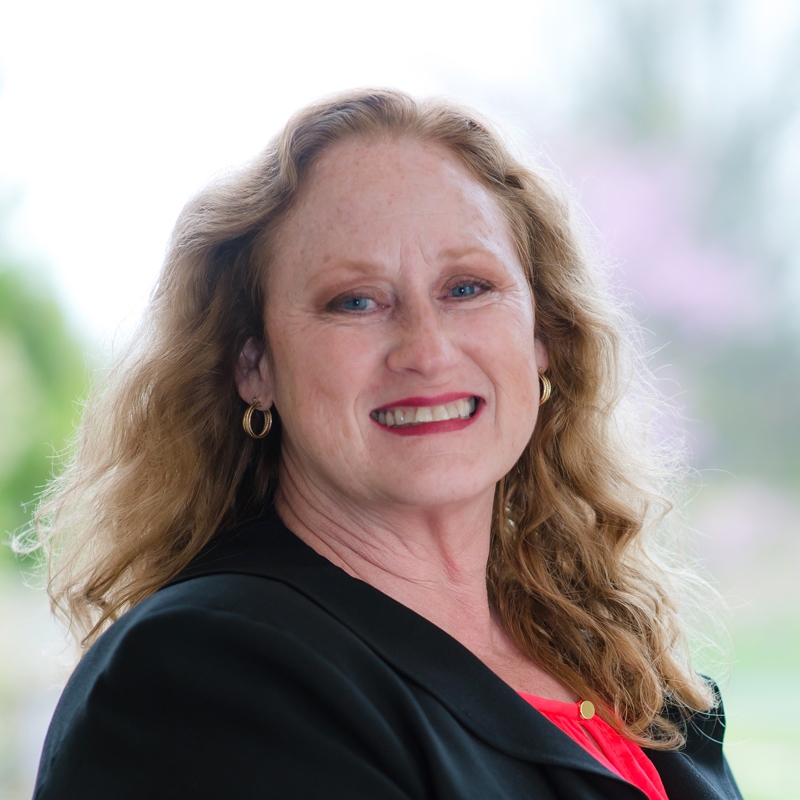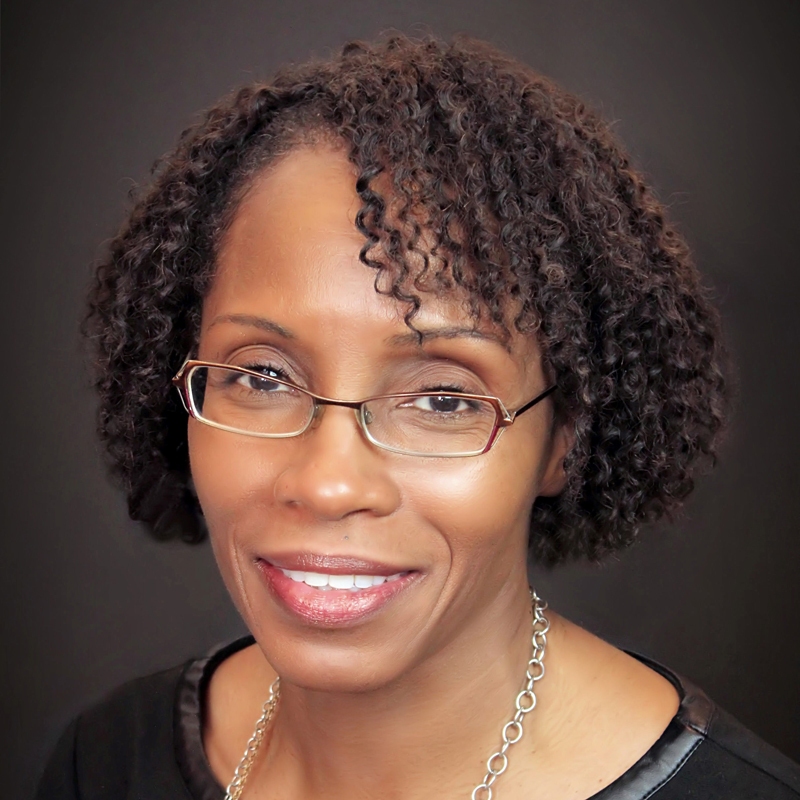As hotel companies begin hiring back their workforce, many are updating requirements and offering flexible schedules to attract talent from other industries, and in some cases stay-at-home parents.
According to the latest Women in Hospitality Industry Leadership report by Castell Project, a non-profit dedicated to advancing women and diversity in hospitality industry leadership, 11% of workers left a company in the industry between the end of 2019 and end of 2020.
Of that group, 12% were women and 10% were men. Additionally, 27% found employment within the hospitality industry, and more of those workers were men than women.
"We certainly saw that trend in the early days of reopening our properties," said Theresa Silo, vice president of human resources, at Salamander Hotels & Resorts. "With so many schools being closed and women needing to stay home and take on the role of teacher in many cases, that was very common."

Salamander properties were only temporarily closed between 6 and 12 weeks, and the process of bringing people back to work was phased, she said. Her team didn't notice any glaring issues as they were bringing staff back.
"Having said that, yes, there were definitely women that couldn't come back because of their home situation. But when we look at it now, especially in these last few months, our ratio of hires is 2 to 1, women to men. We're seeing a bit of the opposite as we're hiring right now in this current labor shortage," Silo said.
She credits Salamander's CEO Sheila Johnson for making diversity a focus of the company from the start.
"For some women in our company, she is the very reason why they join," she added. "We've been told that many times over the years."
But she said her team knows there's more to do to widen the reach. Salamander has long sponsored associations like National Association of Black Hotel Owners, Operators and Developers and National Society of Minorities in Hospitality. The company has expanded its focus to include veterans and high school students.
Tracy Kundey, managing director of hospitality at private investment firm Everwood Hospitality Partners, said in an email interview that his company is seeing the shift of both women and men leaving hourly roles. Everwood has hired several people from other industries, including hospitals and retail.
Knowing that some women are primary caregivers for their families and home schedules have changed throughout the pandemic, he said, Everwood "100% supports this and remains very flexible."
"One of our hotels has three times as many people on payroll than they need, not all working simultaneously, but as a roster to pull from for just this reason. We may have a senior worker who only wants one or two days a month, or a stay-at-home parent that does not want to be tied to a shift but wants flexibility," he said. "We kid with the general manager about it because she has enough available talent to staff three hotels. It works very well."
Audrey Williams-Lee, senior vice president of human resources and philanthropy at Hyatt Hotels Corp., said in an email interview that her company leaned into colleague support groups during the pandemic, including the Women@Hyatt Diversity Business Resource Group.
At the height of COVID-19, Hyatt's Women@Hyatt Diversity Business Resource Group held discussions and panels on topics such as caregiving during the pandemic and best practices to help leadership teams further support their teams' well-being, she said.
Rebuilding a Diverse Workforce
Williams-Lee said that at the onset of the pandemic her company had to reduce its workforce. During that time, Hyatt made sure to stay connected with impacted colleagues.

"We quickly launched a new colleague app, Hyatt Check-In, as a way to share updates with colleagues, including those on furlough, and created the Hyatt Alumni Network for individuals impacted by workforce reductions," she said. "As travel demand increases, we have open positions across our portfolio and we are able to welcome back many members of the Hyatt family."
Recovery from the pandemic serves as an opportunity for the hospitality industry to build back stronger and increase diverse representation and leadership, she added. Through the company's Change Starts Here program, it has specific 2025 goals for its workforce.
"We check in on our progress frequently to ensure we are on track to meet specific goals. Driving change in our industry and communities is imperative, and it's a collective responsibility. We are committed to connecting with other employers to discuss key learnings and best practices to accelerate our efforts," she said.
The Change Starts Here commitment broadly focuses on women and people of color.
"One of the commitments is dedicated to who we employ, develop and advance, and as we rebuild our workforce, we are seeking candidates with diverse backgrounds and experiences. We're also very focused on promoting and retaining diverse talent to increase representation at all levels of the organization," she said.
She said diversity, equity and inclusion are an integral part of Hyatt's business strategy, as bringing diverse perspectives and underrepresented voices into the conversation strengthens the organization. In 2019, Hyatt introduced its global Leading Inclusively training, which provides leaders with knowledge, skills and resources to create truly inclusive environments for colleagues, further emphasizing there is no room for discrimination at the company.
"As we look toward recovery, our colleagues are looking forward to welcoming guests back as travel demand increases in many markets. We are hiring at properties across our portfolio and looking for new colleagues to join the Hyatt family and be part of the next generation of travel," she said.
Kundey said his company maintains a broad spectrum of race, gender and age.
"You can see a 19-year-old working next to a 60-year-old, and both sharing the common passion element. Different personalities, backgrounds and even education, but they blend and work toward one vision," he said.
He said it will take some time to rebuild a diverse staffing level, but there has been a shift now that federal subsidies are ending in some states. People who want to are now out pursuing their ideal job and are not forced to take just anything.
Silo said Salamander isn't putting a timeline on how long it will take to rebuild a diverse workforce across the hotel industry as it is something that her company focuses on daily.
In addition to partnering with associations, each of Salamander's properties has various committees, some long term and some short term, and the requirement for each committee is it must consist of employees from different positions, levels and backgrounds.
"There are so many different arms that need to go out and really touch the possibility of diversity because I think they are endless. We just have to get all our tentacles out there and reach them from every different angle," she said.
Competing With Other Service Industries
Kundey said retention will be a big component in this current labor climate.
"Today, how we treat the staff is more like how we treat the guest. If you get quality people, we want to keep them. We push out managers to treat their staff like family, respecting and appreciating what they do for the business," he said.

Everwood has taken on the "go bold or go home" posture. In a market where hourly wages are between $11 and $15, his company published a $20 per hour rate, which got the company noticed.
A trend he's noticed is some people who work in other industries are coming to hotels for a second shift of work since it's a 24/7 business.
Silo said the pandemic has shown that some jobs that traditionally needed to be done in the hotel no longer do. Most of those roles include sales and reservations and administrative.
"We are seeing opportunity to offer flexibility in those areas, especially for women. ... It allows them the opportunity to work from home and have a hybrid approach. It's a few days in the office, a couple days at home," she said.
The same can apply to management, she said. Salamander's headquarters office has been working from home since the early days of the pandemic, something they never thought they would do pre-COVID-19.
"We now see how productive we are; we've not lost any productivity," she added.
Silo said flexible work schedules are something that will help with recruiting employees.
Revising Hiring Requirements
Kundey said his company is less strict about requiring prior hotel experience for new hires, and instead focuses on leadership qualities.
"We can teach average daily rate but we cannot teach how you interact and treat customers and staff. Find someone with passion, and we can give them the roadmap to succeed in the manager position," he said.
For example, his team interviewed a woman who was a general manager of a local Burger King. Her experience with managing customers and employees made his team feel those were transferable skills.
Everwood has also hired first-time general managers.
"We have a robust training program that can get people up to speed very quickly. [There's] immersion trickle, where we give them steps to do every day, then practice for repetition," he said.
For example, Silo said, the thought process around discarding resumes has changed. In the past, an application might be eliminated due to gaps in employment, which might suggest a challenge that candidate had in committing to a job or that someone was out of the industry for a period of time.
"We've had to change the focus there because while that might have been an application we'd set aside, we are putting more of a focus on us and making it our responsibility to build an environment that gives each new hire a reason to stay," she said.
